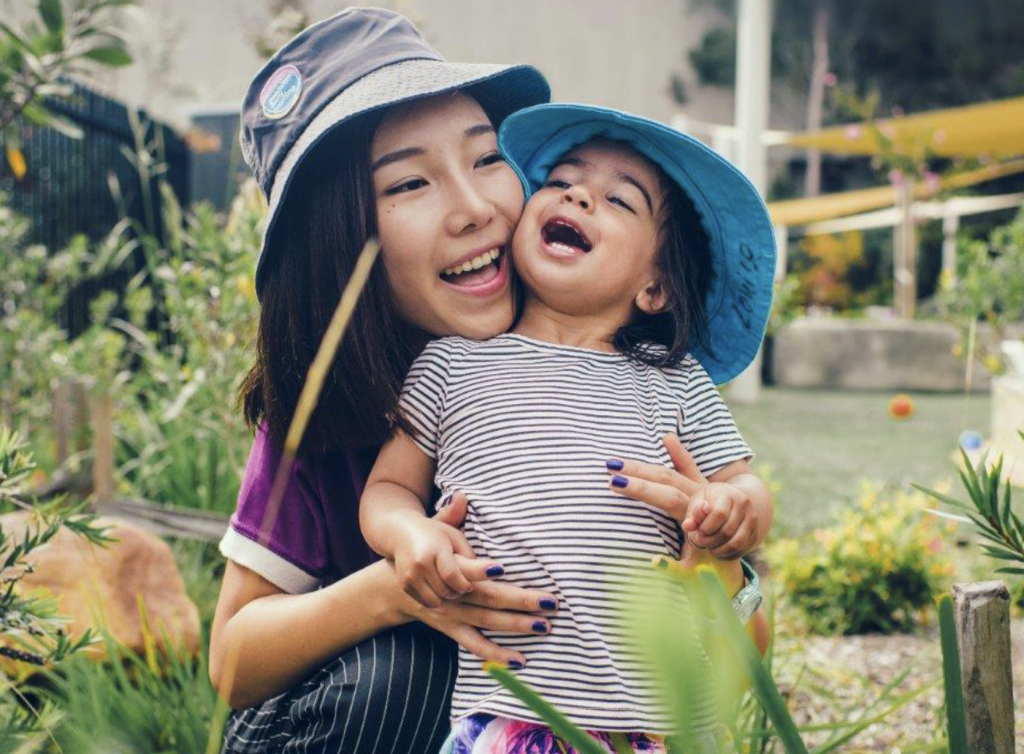Cultivating a Sense of Belonging for All Children
by Kat Rowe | September 23, 2021
Children express their emotions through how they act and behave. Children also look to their caregivers, other adults and those around them to set the emotional ‘tone’ for their world. When children feel safe and cared for and secure in their relationships, they can be more relaxed in their own skin. They can be themselves.
On the other hand, when children are not sufficiently supported or have caregiving experiences that are inconsistent or negative, they may feel alone, become anxious and withdraw from others.
Therefore, it’s so important to cultivate a sense of belonging for all children. This will help them to develop the skills that they need to manage difficult moments and promote confidence and healthy relationships as they grow towards adulthood.
If you’re the parent or caregiver and feel like helping and supporting your child or your family, don’t hesitate to get in touch.
We offer a range of mental health services for children and adults in our community, including individual and family support as well as group services for kids and teens.
What is belonging?
Belonging is a feeling that’s hard to put into words. We can talk about feelings of attachment or a sense of safety and security. But what do these words really mean?
In our context, ‘belonging’ means that children:
- Have core relationships with others that care for them
- Feel safe and protected, by adults or other significant people in their lives, from harm
- Have positive interactions with family, friends and other members of their community
- Develop a clear sense of their place in the world through important factors in their lives such as their cultural and/or religious values and practices
- Have opportunities to play with friends and build new secure relationships
Why is belonging so important?

Belonging is a basic human need. As children, we all have an innate desire to form and maintain secure relationships with others through play, friendship, and the support of family members.
Belonging develops a child’s ability to build trust and confidence in others. When children feel that they belong, they are better able to:
- Cultivate trusting relationships
- Manage their emotions in healthy and adaptive ways
- Know that they are important and valuable
- Feel safe and secure
- Feel confident and valued in their own identity
- Understand that there are other children, adults and community members that care about them and are there for them when they need support
How to establish a sense of belonging in childhood
It is important to support children and cultivate a sense of belonging with them in their family and community relationships. This can be done through:
- Building confidence in parents, caregivers and primary care providers so that they are able to provide the secure base from which children can explore new challenges, take risks and develop healthy self-esteem
- Ensuring consistency in caregiving and relationships (so that young children experience a stable family environment)
- Fostering positive relationships with other members of their wider community — including peers and adults (so that children feel part of their community)
Simple tips to increase your child’s sense of belonging
Here are some basic things that you can do to support your child’s sense of belonging in their family and community:

- Talk about emotions with your children and show them that it is valid and acceptable for them to share how they feel. It’s important for children to understand that they can discuss all feelings in order to build healthy relationships.
- Take an interest in what your children are doing — involve yourself in the important events in your kids’ lives and talk about these with them.
- Make time for each child equally so they feel valued and secure in your relationship with them (i.e., one-on-one time).
- Encourage children to build relationships with others through sports, school activities, clubs etc.
- Get to know your neighbours — it can take time for children to trust people outside their immediate family. Showing your children that it’s okay to interact with the rest of their community can help them to feel more confident and widen their circle of trust.
Remember, each child and family is different, and so you might want to adapt these tips to your particular situation. A child should never be pushed into making interactions with others, but rather encouraged by building their confidence and modelling positive relationships and interactions for them to follow. If you are concerned about how well your children feel that they fit into their family and community, don’t hesitate to ask for help.
If you’re the parent or caregiver and feel like you need more help and support for your child or your family as a whole, feel free to get in touch with us at any time.
We offer a range of mental health services for children and adults in our community, including individual and family support as well as group services for kids and teens.
For more information, get in touch with the team at Stride by calling 1300 00 1907 or via our contact form.

